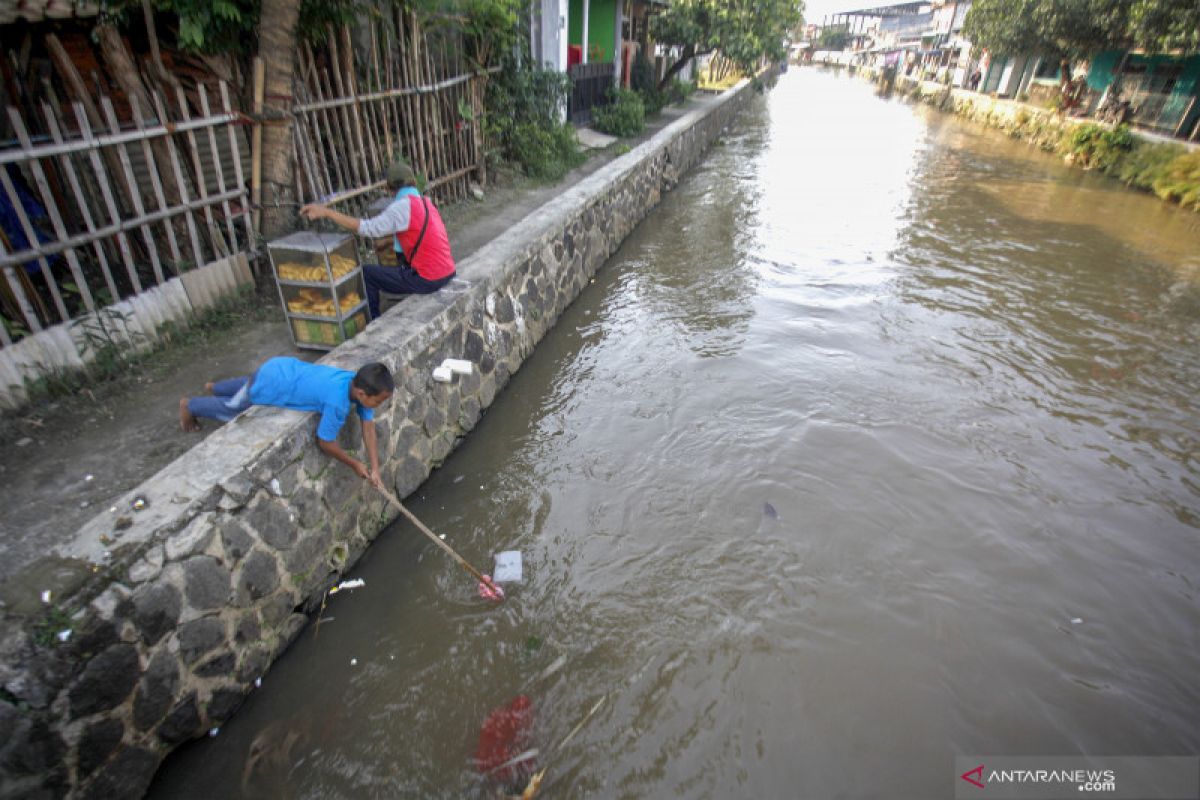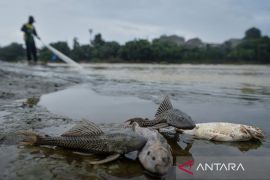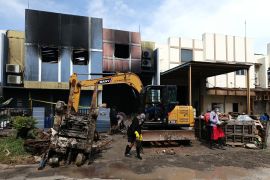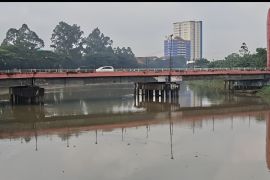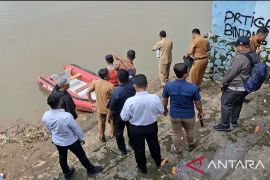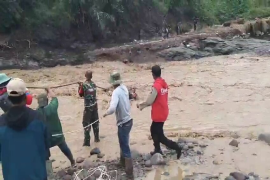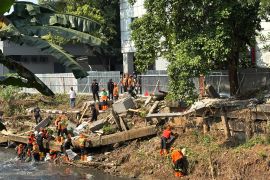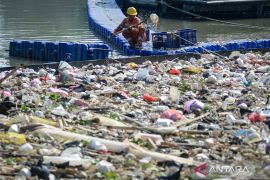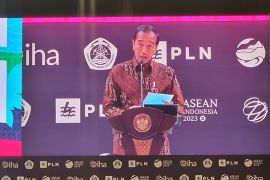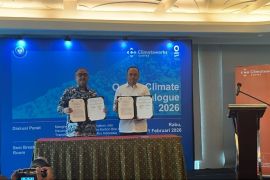"Based on data that I collected in 2020, out of 564 points (rivers), 59 percent were heavily polluted, 26.6 percent moderately polluted, and 8.9 percent lightly polluted,” Purwandari told ANTARA during a telephonic interview on Tuesday.
In general, the condition of the country's rivers has improved compared to 2015, when 79.5 percent of the rivers were heavily polluted, she said.
"If we look at the trend from 2015 to 2020, the number of heavily polluted rivers has decreased. This means that there has been an improvement in water quality in Indonesia. So in 2015, some 79.5 percent (of rivers) were heavily polluted, now it (their number) has reduced to 59 percent. Hence, there is improvement," she remarked.
She revealed that many rivers in Indonesia are being polluted with industrial waste, such as oil and gas, and other mining materials, household and livestock waste. These wastes have caused the biota -- plants and small animals in rivers -- to die due to lack of oxygen, she said.
Thanks to the improvement in river water quality, the biota, which had nearly disappeared previously, have reappeared, she added.
To deal with river pollution, the government needs to control the volume of waste flowing into rivers from existing pollutant sources, such as home industries, small-scale businesses, households, and livestock, Purwandari advised.
“Secondly, it's to stabilize the water discharge, so that the discharge during the rainy season and during the dry season is not imbalanced. During the rainy season, it is flooded, and during the dry season it is dry. That should not happen,” she added.
Related news: Indonesia to restore polluted rivers
Related news: Six rivers in Gorontalo polluted
Translator: Hreeloita DS, Fardah
Editor: Suharto
Copyright © ANTARA 2021
